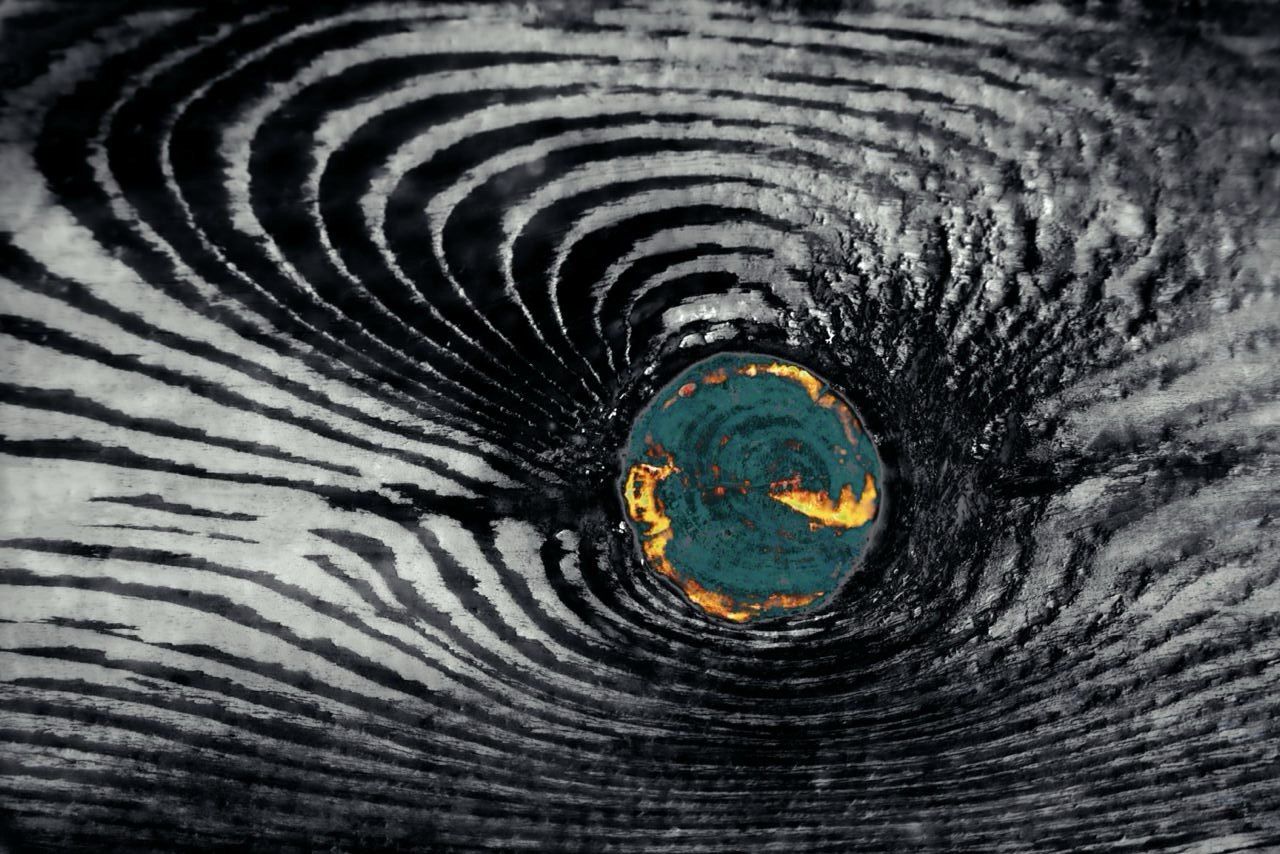Why Do You Need a Proctologist?
-
Published:16 January 2025
-
Updated:16 January 2025

A proctologist is a highly specialized doctor who deals with the prevention, diagnosis, and treatment of diseases of the colon, anus, perianal area (the area around the anus), and perineum. The doctor's competence includes the treatment of hemorrhoids, colitis, dysbacteriosis, paraproctitis, anal fissures, rectal prolapse, polyps, and cancer.
Proctologists conduct various examinations, including rectoscopy, anoscopy, and colonoscopy. This allows you to identify and assess the condition of the rectum and colon, detect possible problems, and select the right treatment.
What Diseases Does a Proctologist Treat?
Proctologists or coloproctologists specialize in the diagnosis and treatment of the large intestine, which includes the rectum, sigmoid colon, and colon, and diseases in the anus area. Diagnosis is done using a medical examination, laboratory tests, and instrumental examination.
The most common diseases:
- Hemorrhoids
Hemorrhoids are one of the most frequent reasons patients seek help at a clinic. This disease equally affects men and women. Its occurrence is directly related to lifestyle. Low mobility, sedentary work, and abuse of spicy food - these and other factors contribute to the occurrence of hemorrhoids. - Anal Fissures
Anal fissures are another common reason for visiting a proctologist. They can occur due to injury to the intestinal mucosa or an inflammatory process. A characteristic feature of an anal fissure is its pain during defecation or hygiene procedures. - Intestinal Discomfort
Discomfort in the intestines is a clear sign to consult a proctologist. If the patient has not changed his lifestyle, diet, or other factors, that can affect the body. At the same time, if there is pain, bloating, rumbling in the abdomen, constipation, or diarrhea, it is necessary to consult a specialist. - Chronic Constipation and Diarrhea
Persistent constipation or diarrhea is a serious issue that warrants a visit to a proctologist. He will help not only cope with this condition but also exclude the presence of colon polyps (benign tumors), which do not manifest themselves in any way but can lead to oncology. With chronic constipation and diarrhea, polyps appear much more often than in other people who do not suffer from such disorders.
Why Do You Need a Proctologist? What Symptoms Should Alert You
The development of intestinal diseases can be accompanied by various symptoms. It is important to pay attention to some signs that may indicate possible diseases and are a reason to consult a proctologist.
Pain and discomfort in the anus
Constant or periodic pain, discomfort, burning, or itching can be signs of hemorrhoids, anal fissures, or proctitis. Even if the discomfort is minor, it would not be a bad idea to undergo a preventive examination. This will help exclude possible pathologies and begin timely treatment if they are detected.
Discomfort can manifest itself as a feeling of incomplete bowel movement or a feeling of a foreign body in the anus. Any unpleasant sensations in the anus should alert you and become a reason to make an appointment.
Rectal bleeding
The appearance of blood on toilet paper, in feces, or on the toilet can be a consequence of hemorrhoids, polyps, anal fissures, or even rectal cancer. Even if the symptom appears from time to time, it should not be ignored.
Constant urge to defecate
In this case, you are constantly urged to go to the toilet, but defecation does not occur (such urges are called tenesmus). This often indicates constipation. However, a similar symptom can also occur with other proctological pathologies.
Constant constipation or diarrhea
Any stool disturbances or changes in the shape or color of stool can indicate various pathologies. This symptom occurs in many diseases, so you should not ignore it. Especially if stool disturbances are observed regularly, or constipation/diarrhea lasts more than 2-3 days.
Discharge from the anus
Normally, during or outside of defecation, blood, mucus, or pus should not appear from the anus. However, patients encounter this symptom quite often.
This may indicate the presence of hemorrhoids, proctitis, fistulas, or anal fissures.
Abdominal distension
Such a symptom may indicate various diseases of the gastrointestinal tract or intestines. For example, bloating often occurs with constipation or intestinal obstruction. Also, this unpleasant symptom can be associated with flatulence, which is caused by poor nutrition, enzyme deficiency, or irritable bowel syndrome.
Prolapse of hemorrhoids
In such situations, it is dangerous to postpone hemorrhoid treatment because prolapse of the nodes indicates their significant increase in size and the development of late stages of the disease.
Prolapse of hemorrhoids can occur even with the slightest straining. This often happens during trips to the toilet.
Incontinence of feces and gases
Such a condition can be a consequence of congenital and acquired lesions of the sphincter. As a result, the sphincter apparatus is constantly relaxed, which should normally only occur during bowel cleansing. If this process is disrupted, it is important to understand the causes of the problem.
Constant feelings of fatigue and weakness
Such a symptom can be associated with diseases of various organs and systems. It often occurs in diseases of the colon. Among them are inflammatory and tumor processes (nonspecific ulcerative colitis, malignant lymphomas, hemangiomas, etc.). Such pathologies occur with significant disruption of metabolic processes, which is expressed in the appearance of weakness, exhaustion, and lethargy.
Conclusion
Seeing a proctologist is crucial for maintaining digestive health and addressing any concerns related to the rectum, anus, or lower digestive tract. Early intervention can help prevent more serious conditions, such as hemorrhoids, anal fissures, or colorectal cancer, from worsening. Regular visits to a proctologist, especially for individuals at higher risk, can ensure that any potential issues are detected early, leading to more effective treatment and better overall health outcomes.
Proctology - diseases of the anal region (pubmed.ncbi.nlm.nih.gov/27027745/), J Dtsch Dermatol Ges. 2016 Apr;14(4):352-73; quiz 372-5. doi: 10.1111/ddg.12986. Accessed 16 Jan 2025.
Hemorrhoids: from basic pathophysiology to clinical management (https://pubmed.ncbi.nlm.nih.gov/22563187/), World J Gastroenterol. 2012 May 7;18(17):2009-17. doi: 10.3748/wjg.v18.i17.2009. Accessed 16 Jan 2025.
Treatment of hemorrhoids: A coloproctologist's view (https://pubmed.ncbi.nlm.nih.gov/26309351/), World J Gastroenterol. 2015 Aug 21;21(31):9245-52. doi: 10.3748/wjg.v21.i31.9245. Accessed 16 Jan 2025.
Clinical Practice Guideline for the Management of Anal Fissures (https://pubmed.ncbi.nlm.nih.gov/27926552/), Dis Colon Rectum. 2017 Jan;60(1):7-14. doi: 10.1097/DCR.0000000000000735. Accessed 16 Jan 2025.







.svg)
.svg)
